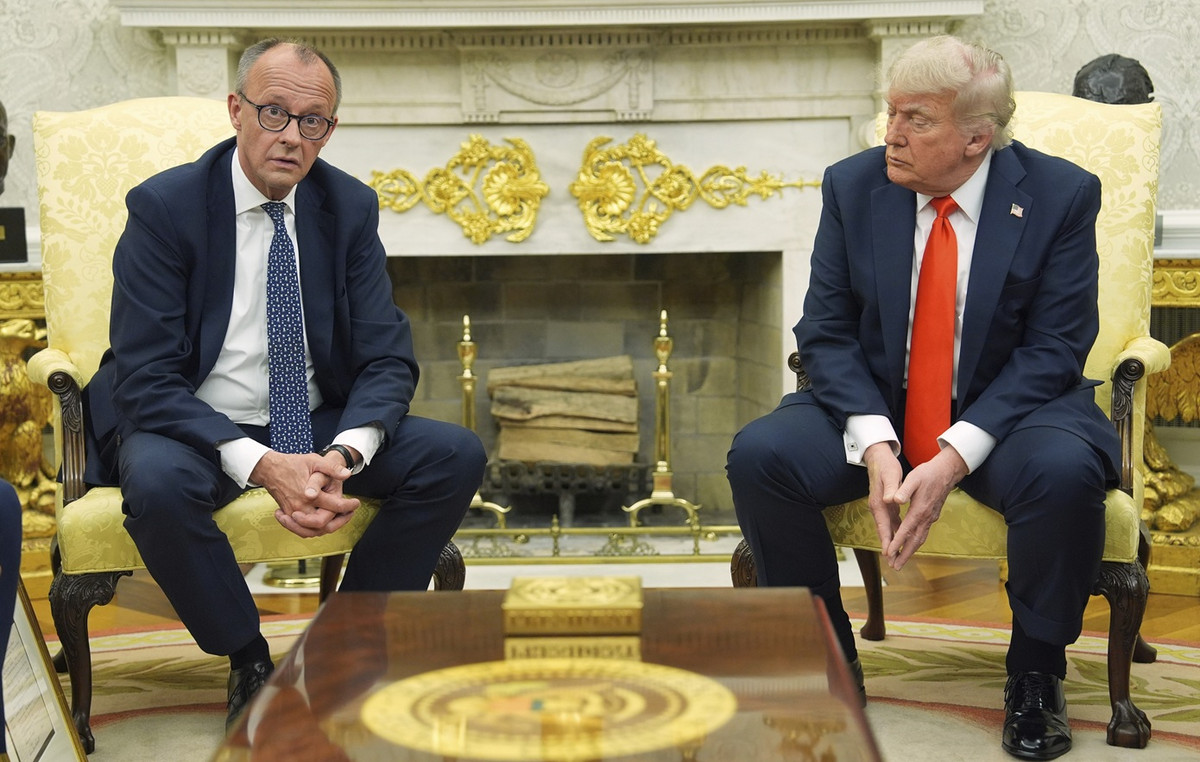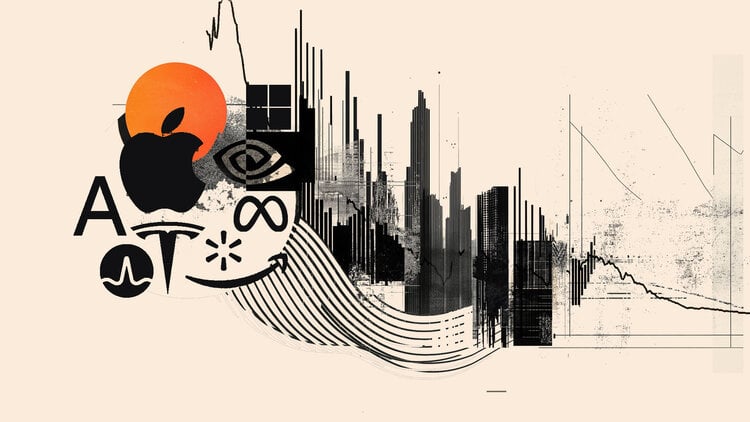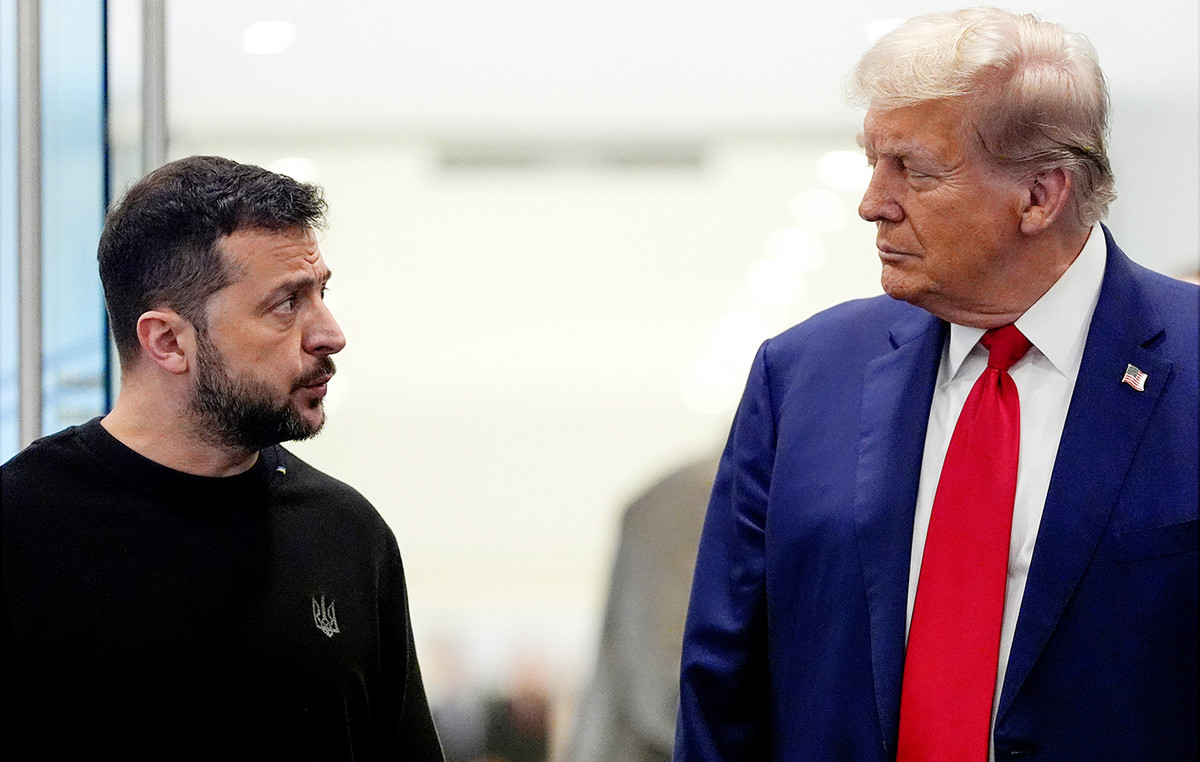When Russian President Vladimir Putin connects to the virtual summit of the BRICS organized by Beijing on Thursday (23), it will be the first time he has participated in a forum with heads of major world economies since the beginning of the invasion of Ukraine.
For Putin, this could offer a welcome image, with his face on the screen alongside other leaders: Xi Jinping (China), Narendra Modi (India), Jair Bolsonaro (Brazil) and Cyril Ramaphosa (South Africa). A sign that Russia, although punished by sanctions and protests over the invasion, is not alone.
The message may even more resonate with the meeting between China and Russia, weeks before the invasion, where they declared that their relationship “has no limits”.
It can also highlight the fact that none of the BRICS leaders condemned Russia directly, even though they have varying levels of interest in not being seen as supporting the actions – which could lead to a conflict with Western friends.
Putin’s invasion is likely to bring another complication for the BRICS, a more than decade-long grouping of large emerging economies that already suffers from distrust among members and incompatible ideologies.
But the group’s decision to go ahead with its 14th annual summit reflects the countries’ view of the global order and, by extension, the situation in Ukraine, which is moving away from that of the West, experts say.
“We are talking about some very important economies whose leadership is willing to be seen with Putin, even if it is only on a virtual platform,” said Sushant Singh, a senior fellow at the Center for Policy Research (CPR) in New Delhi.
“The fact that Putin is welcome. He’s not an outcast, he’s not being expelled, this is a normal compromise, which has taken place every year and is still taking place – that’s a huge plus for Putin,” Singh said.
While countries might argue that involving Russia is better than leaving it out, the optics only become sharper in contrast. The BRICS summit is followed days later by the G7 meeting. bloc of the world’s major economies, which united against Russian aggression, and expelled Moscow from its bloc after the annexation of Crimea in 2014.
turbulent times
Unlike the G7, the BRICS are expected to tread carefully on the Ukraine issue at Thursday’s summit, likely speaking in favor of a peaceful resolution, even as its members might carefully ask Western countries to examine the impact of its sanctions on the global economy.
Beijing – this year’s host and by far the most powerful economy of the five nations, which together account for about a quarter of the world’s GDP – seems focused on its own agenda: to promote its new global development and security initiatives and condemn what it sees as “block” construction by the United States.
BRICS countries should “strengthen mutual political trust and security cooperation,” coordinate major international and regional issues, accommodate each other’s core interests, and “oppose hegemonism and power politics,” Xi said in a statement. speech last month, where he called on the group to promote development in this “period of turmoil and transformation”.

Some of the crises of this period, such as food insecurity and the growing debt crisis in the developing world, are those that the group – established in 2009 as a means of “serving common interests of emerging market economies and developing countries” – must address.
Since their inception, the BRICS, which added South Africa in 2011, have been united in calling for more representation of major emerging economies on the world stage – and against what they see as disproportionate dominance by Western powers.
We also saw countries discussing issues like settling trade in their own currencies – outside of the US dollar system – an issue that may now have more relevance after Western sanctions on Russia, according to Shahar Hameiri, a professor and economist at the University of Queensland. , in Australia.
These penalties cut Russia’s central bank off most US dollar transactions and removed the country’s top institutions from international banking systems.
So countries that continue to do business with Russia are looking for ways to avoid violating sanctions. Both India and China remain major buyers of Russian fuel.
“There will be no full embrace from Russia (at this summit), there is no doubt about it, and I’m sure there will be a lot of awkwardness… But behind that, these governments have shared interests,” Hameiri said.
“Any kind of measure away from (a US dollar-denominated system) is potentially significant.”
opposing goals
Despite some common interests, the BRICS have been plagued by issues of cohesion, given the huge differences in their members’ political and economic systems and their divergent geopolitical interests.
Furthermore, the complexities of Russia’s invasion of Ukraine could dampen any major outcomes from this week’s summit, even if – with the exception of Brazil – the group’s nations abstained from voting on a United Nations General Assembly resolution backed by 141. countries that asked Moscow to withdraw from Ukraine.
China, in turn, accused NATO of provoking Russia to attack Ukraine, while similar rhetoric circulated in public debate in India. In South Africa, Ramaphosa earlier this year told lawmakers that the war could have been avoided if NATO had “heeded warnings” about the possibility of Ukraine joining its bloc.

And while Brazil voted to condemn Russia’s aggression against Ukraine at the UN, Bolsonaro shied away – saying days earlier that the country would remain “neutral”.
Under normal circumstances, China would take the usual steps – touting the group as “a kind of soft alternative to the G7” and seeking to “portray the BRICS as leaders for the developing world … against the club of rich capitalist democracies”. according to Sino-Russian relations analyst Alexander Gabuev.
“Now it’s harder to do because of Putin in the room,” Gabuev said.
Meanwhile, a long-standing source of internal friction within remains unresolved: tensions between India and China, which in 2020 escalated into a violent border confrontation.
On the one hand, the BRICS have been a “way of securing some form of engagement with China” for India, according to Singh. That remains critical as New Delhi is wary of provoking Beijing, especially as it has partnered with the United States, Japan and Australia in its security group and is increasingly seen by the US as part of its strategy to fight China, he said. he.
But those ties also make India more reticent to support the key outcomes of this week’s summit.
“I would be surprised if any substantive initiatives were announced, because India would send a message to its western partners that it is willing to work closely with China and Russia,” Singh said. “That would make India’s position very complicated.”
Source: CNN Brasil
I’m James Harper, a highly experienced and accomplished news writer for World Stock Market. I have been writing in the Politics section of the website for over five years, providing readers with up-to-date and insightful information about current events in politics. My work is widely read and respected by many industry professionals as well as laymen.







